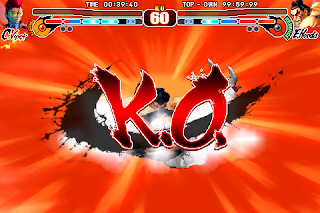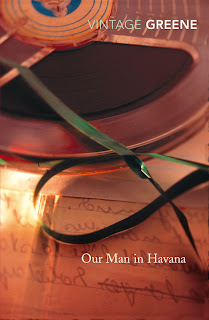Communism
sounds like the greatest thing in the world when you look at it
theoretically. It's just when you put it into practice that it can become
about as scary as Fascism. Fundamentally, the fact that you need people
in charge of a system that promotes total equality means that the
power-hungry will always rise up and warp the system to their advantage.
In a world where people are desperate for control it's impossible for
any society to be completely democratic, no matter the intentions. And
artists seem to be a constant source of misery for the men in the big
chairs: they are the ones that have both the minds and the means to
criticise the ruling powers, and in Eastern Europe they were supressed
as quickly as possible if they dared to speak out against the regime,
and some were even pre-emptively silenced, just in case they should
become disgruntled.
It
is against this backdrop that Milan Kundera's The Unbearable Lightness
of Being is set, in post-Second World War and Russian-occupied Prague.
My main reason for wanting to read this was that I visited Prague a
couple of years ago and absolutely loved the place. The only hangovers
from Communism I saw were the amazing public transport system and a
Ruskie hat that I bought which caused an old lady to say "Salut,
comrade" at a bus-stop, thinking I was a Czech Communist, not an English
tourist. So overall, Communism seemed pretty cool to me. But obviously
not if you were Milan Kundera back in the sixties. Characters in the
novel are hounded by the government into signing documents declaring
their support for Communism, while equally harassed by anti-Governemnt
protestors into condemning the regime; conversations in private
dwellings are surreptitiously recorded and then broadcast to discredit
the speakers; people are tricked by government agents into giving away
their bodies for blackmail; nobody can trust any person, or even any
wall, as you never know what horrors may be lurking behind it, ready to
denounce you to the powe-be and destroy your life. Anyone in a position
of respect or responsibility is forced to unswervingly dedicate
themselves to Communism, lest they be jettisoned into a life of
obscurity. It's the mad stuff of dystopian fiction and it's hard to
believe how real this oppression was, so recently, and in countries so
similar to my own.
One
thing we did see in Prague: on the day we left we were wandering about
and accidentally came across the Memorial to the Victims of Communism.
I'd seen it in the guide book but didn't think it looked that
impressive, and maybe seeing it in the picture above you don't think so
either, but in person it's one of the most striking things I've ever
seen. It shows full bodies receding back into nothing to depict how
Communism stripped Czechoslovakia's citizens of their identities and
livelihoods. It's hard to imagine a society that would not only crush
art and philosophy, but even remove doctors it didn't like from their
jobs and leave them to rot in squalor. The Unbearable Lightness of Being
is a great book that combines a great story, complicated philosophical
musings, and also teaches you about the messed up modern history of a
beautiful city. That Kundera obviously experienced much of the fear and
paranoia whipped up in the novel makes it all the more vivid. Sometimes I
think back to that old woman who thought I was her comrade. I guess
Communism treated her well, and she was sad to see it go. Everything is
relative.




